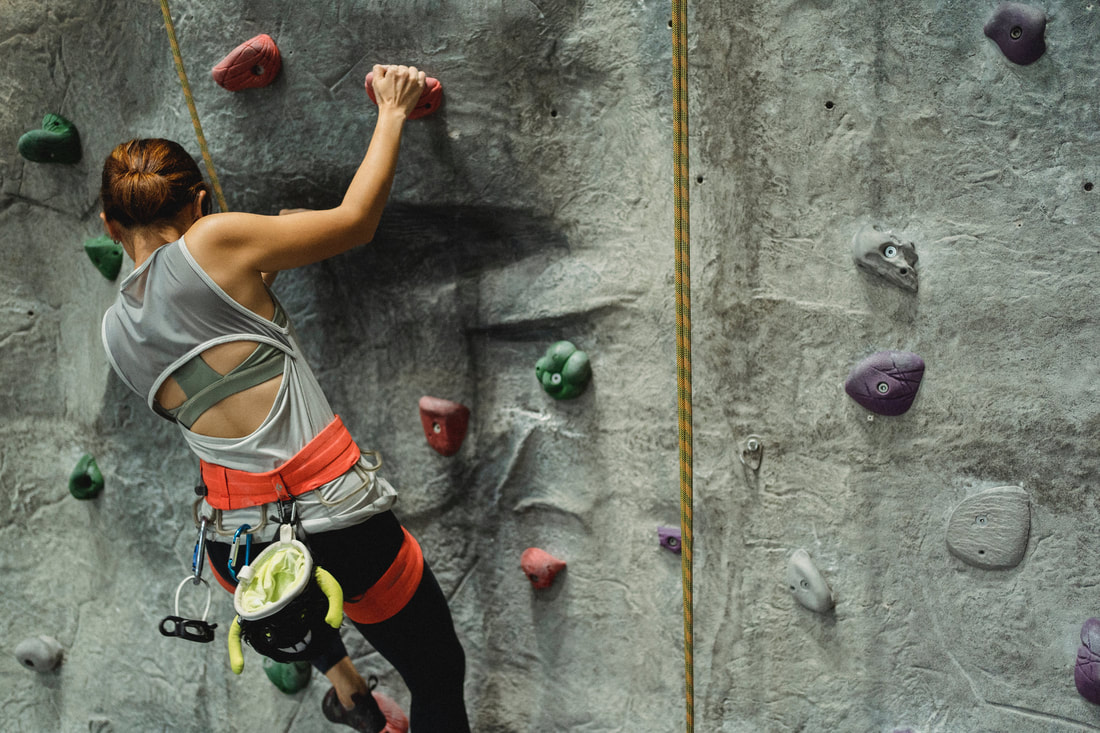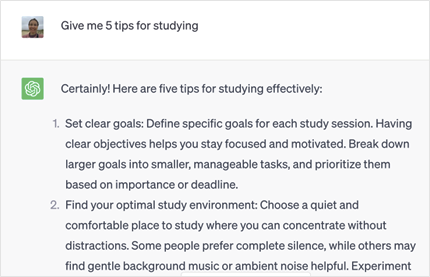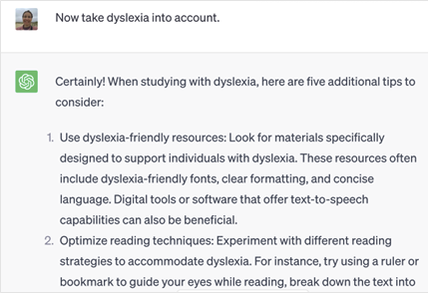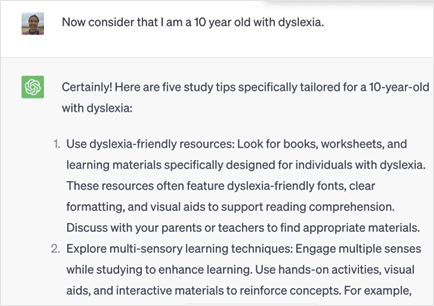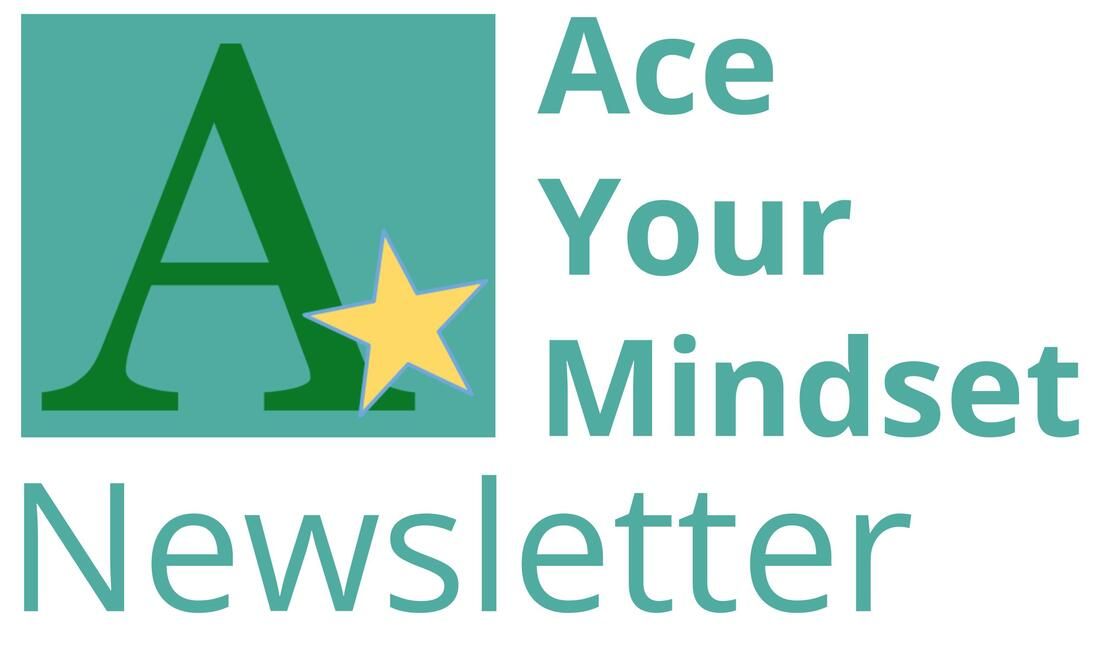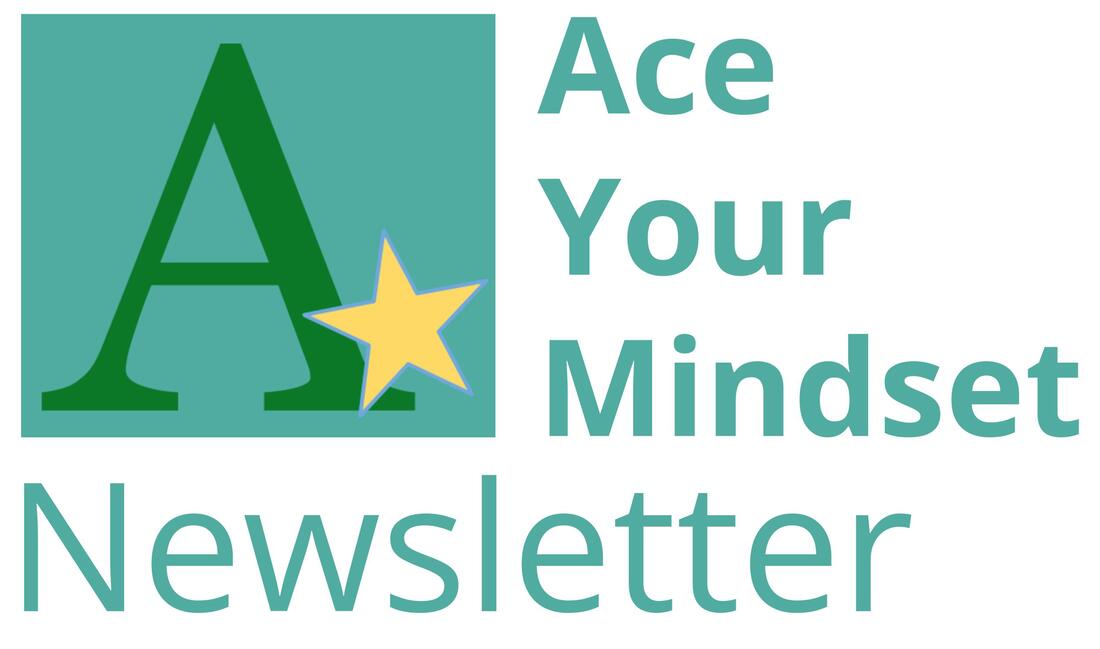Helping Struggling Learners Stay on Track
 Image by Julia M Cameron
Image by Julia M Cameron Last month, we examined how neurodivergent students can use a growth mindset for goal setting. This month, we are exploring how individuals with learning differences can apply a growth mindset in order to maintain momentum.
Life’s little setbacks
I recently assisted a worried parent whose teenage son Lucas sprained his ankle just before cross country tryouts. While she was understandably upset that he might become disheartened, we discussed ways he could reframe the accident as an opportunity for personal and athletic growth.
I coached Lucas to view his injury not as a setback, but as a chance to grow both mentally and physically. The idea was for him to embrace the prescribed rehabilitation plan with patience, recognizing that progress might be gradual. During coaching sessions, I encouraged him to focus on achievable gains during recovery rather than dwelling on limitations. Adopting a growth mindset helped Lucas set realistic short-term goals, making the recovery process more manageable and providing a sense of achievement.
Despite the initial disappointment and some bumps along the healing path, with support, Lucas maintained focus on his goal of returning to competitive form. While his recovery didn't unfold as initially anticipated, Lucas did experience growth in ways he hadn't foreseen. His mother remarked that he eventually learned to navigate a slow rehabilitation with grace and cultivated resilience and perseverance. The experience became a transformative journey for him, resulting in a successful recovery and a strengthened mindset for future athletic and academic challenges.
What is growth mindset?
Dr. Carol Dweck's theory on growth mindset highlights the significance of tackling problems with grit. Unlike a fixed mindset that sees struggles as proof of built-in limitations, a growth mindset sees them as opportunities to get better. Like flexing strength-building muscles, this outlook generates endurance and gives students the confidence that they can make continuous improvement and achieve their goals.
Growth mindset is also associated with more consistency in tracking goals. A research study at Eindhoven University of Technology in Eindhoven, Netherlands has found that a growth mindset allows people who are tracking their progress to maintain both self-compassion and persistence while pursuing their goals.
Dweck's growth mindset theory can help neurodivergent individuals focus and persevere when using tracking systems in pursuit of their academic, professional and personal goals. This approach not only fosters resilience in navigating obstacles, but also helps learners develop acceptance about the path their progress takes.
How you can help
Goal-setting thrives on continuous improvement and achievement. If you are guiding someone on their educational path, you can encourage them to face challenges with a positive mindset and navigate their pursuits with determination and adaptability.
- Encourage your student to write down their goals: When learners jot down their goals, they’re making them real and touchable. Writing brings clarity, helping individuals express what they are reaching for, and serves as a friendly nudge, keeping objectives in sight.
- Help your learner find a way to track their goals: Keeping tabs on progress is like having a roadmap for accomplishments. It's a visual testament to how much ground a student has covered. Tracking helps students stay focused, gives room for adjustments when needed, and ensures that they stay true to their aspirations.
- Teach your student to cultivate self-compassion regardless of the result: Embracing a positive mindset is key for bouncing back. Understanding that stumbling is part of the journey helps students accept imperfections, dial down the fear of failure, and face challenges with a positive spin.
- Help your learner continue to persevere, even when they don't meet their goals: Many pursuits are more like marathons than sprints. Treating setbacks as stepping stones to learning and self-improvement helps students become more adaptable, ready to face whatever hurdles come their way.
Growth mindset allows people who are tracking their progress to maintain self-compassion and persistence while pursuing their goals.
Is your student looking to set sustainable goals and maximize their academic confidence? Schedule a complimentary information session.
As an executive function coach and academic tutor, I specialize in helping individuals with learning differences exceed their goals for academics, organization, college transition, and career development.
"I wanted to express my appreciation. I am certain that your direction and voice made a difference for our son, probably even more than he realizes. Thanks again!" - Richard, Parent

